From Lab to Label: Uncovering the Real Content of CBD Products in Michigan
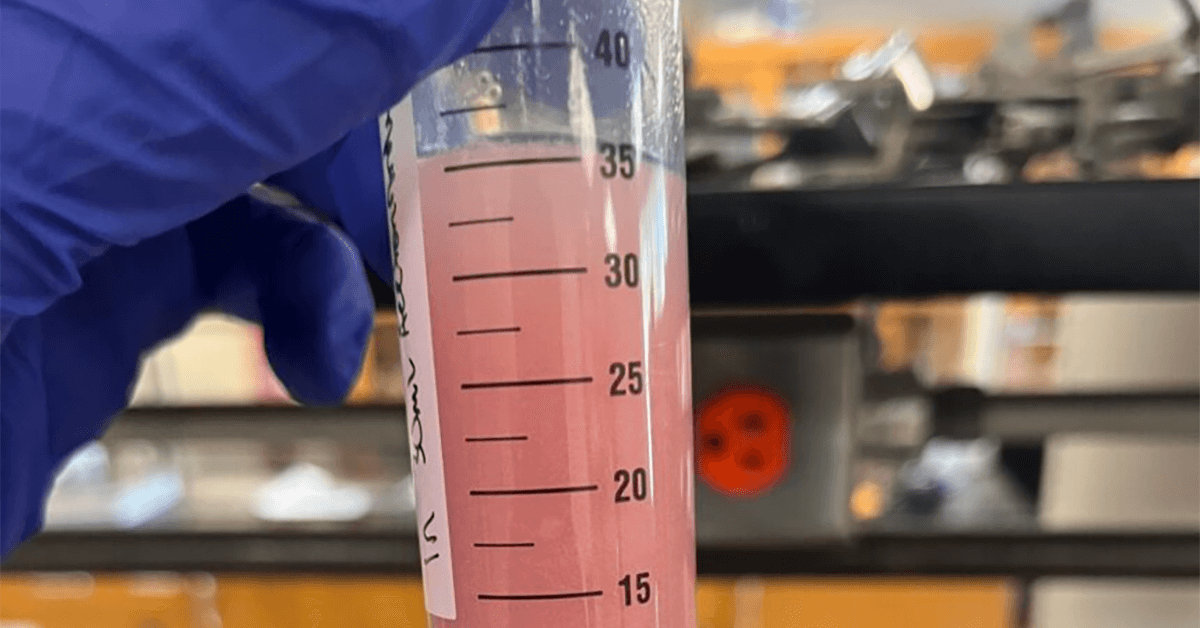
In an extensive study conducted in Michigan, Joey Spoelstra, a senior biochemistry student, undertook a comprehensive analysis of CBD products, revealing significant discrepancies between product label claims and their actual contents. Spoelstra, presenting his research findings to the Association of Analytical Chemists in Livonia, Michigan, on November 9th, emphasized the core objective of his study was to evaluate the accuracy of label claims on CBD products through rigorous scientific analysis. The results indicated a widespread issue with the accuracy of these claims, highlighting a concerning trend in the CBD market.
Under the guidance of Mark Nussbaum, a professor of chemistry and Spoelstra's research mentor, various analytical techniques were employed to assess the composition of the CBD products. A key part of the investigation involved using gas chromatography, a process during which Spoelstra observed that CBD degraded into THC when subjected to elevated temperatures. This degradation process is critical as THC, unlike CBD, possesses psychoactive properties, raising potential health concerns.
To further his analysis, Spoelstra applied liquid chromatography, a method lauded by Nussbaum for its ability to separate and analyze compounds without the necessity of heating the samples. This technique proved effective in identifying several compounds related to CBD. Additionally, Spoelstra's research ventured into how CBD behaves under simulated gastric conditions, revealing that CBD does not dissolve as effectively in stomach acid as product labels might suggest.
An unconventional aspect of Spoelstra's study involved incorporating CBD into brownies to observe the effects of baking on CBD's stability. This experiment faced a setback when a sample was destroyed due to excessively high temperatures, demonstrating the challenges of maintaining CBD's integrity under various conditions.
As Spoelstra progressed through his research, he gained significant independence in operating analytical instruments, building on prior CBD studies, including those conducted by Marie Taylor '23. The rigorous nature of the research, as echoed by Dana Gramckow, a senior chemistry student involved in a separate project, entailed six weeks of dedicated work, spanning from morning till late afternoon each day.
A critical standpoint emerging from Spoelstra's research is the advocacy for stricter regulatory oversight by the FDA over CBD products. The current lack of accurate labeling and quality control poses significant safety concerns, a sentiment supported by both Spoelstra and Nussbaum. They criticize the FDA's handling of hemp-related compounds, which fall into regulatory grey areas, neither classified as pharmaceuticals nor food supplements, leading to loopholes that companies exploit to avoid stringent testing and purity verification.
Nussbaum also pointed out the issue of false advertising surrounding CBD's purported benefits, underscoring the need for greater regulatory scrutiny to ensure product purity and accurate representation. This study, conducted in the heart of Michigan, casts a spotlight on the urgent need for improved regulation and oversight in the CBD industry, ensuring consumer safety and product integrity.
Five Students Suspended Over Marijuana-Laced Brownies at Bangor Middle School
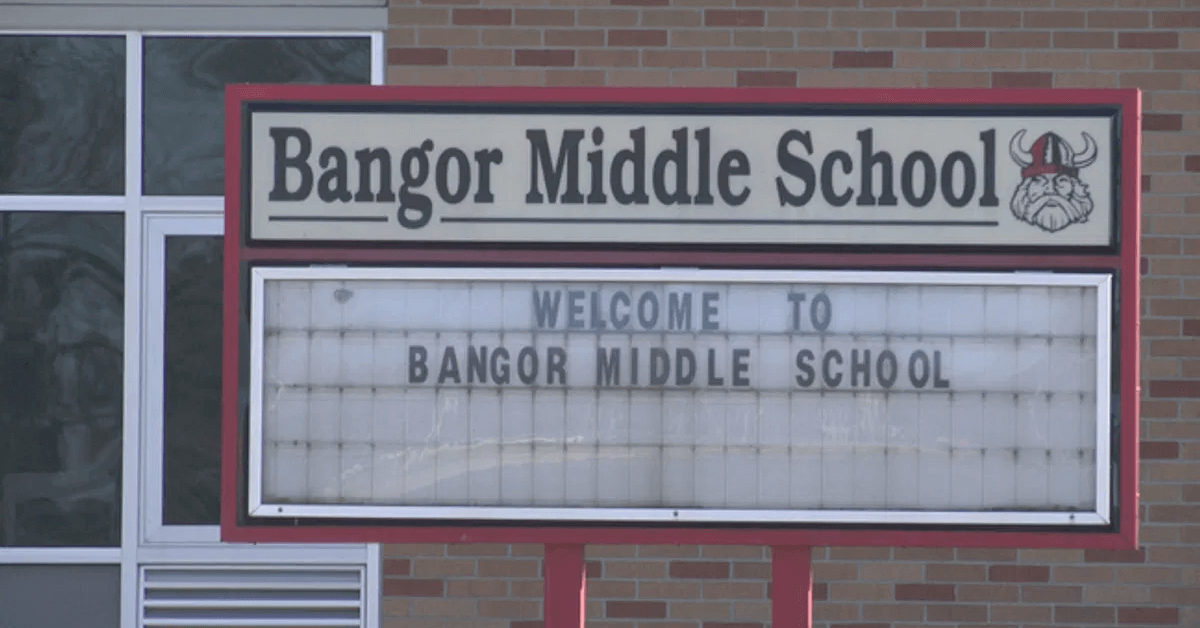
Five students at Bangor Middle School have been temporarily removed from school following an incident involving brownies infused with cannabis that were distributed and consumed within the school's cafeteria. Superintendent Lynn Johnson of Bangor School District disclosed these details, highlighting a troubling lapse in safety and oversight within the educational environment.
According to Johnson's account, the series of events unfolded when one pupil admitted to bringing the adulterated brownies to the school and sharing them with four peers. Among these, two students acknowledged knowing about the presence of cannabis in the brownies, while the other two were unaware they were consuming a substance-laced treat.
The school district has decided to suspend all five students involved for a period of 10 days. However, this duration might be adjusted for the two students who were uninformed about the nature of the brownies they consumed, depending on the findings of the ongoing investigation by the district. The severity of this action underscores the seriousness with which the district is treating the matter, aiming to ensure such incidents are not repeated.
Further complicating the situation, the student responsible for introducing the marijuana-laced brownies to the school could face legal repercussions, specifically a minor in possession charge. This is contingent upon the investigation's outcomes and illustrates the legal boundaries crossed in this incident.
The incident came to light after one of the unsuspecting students disclosed the experience to a parent, who then promptly reported it to the school authorities. This act of responsible communication was crucial in enabling the school to address the situation swiftly.
This episode serves as a poignant reminder of the challenges schools face in maintaining a safe and drug-free environment for students. It also highlights the importance of open communication between students, parents, and school officials in safeguarding the well-being of the school community.
Navigating the Complexities of Cannabis Testing and Labeling in Michigan
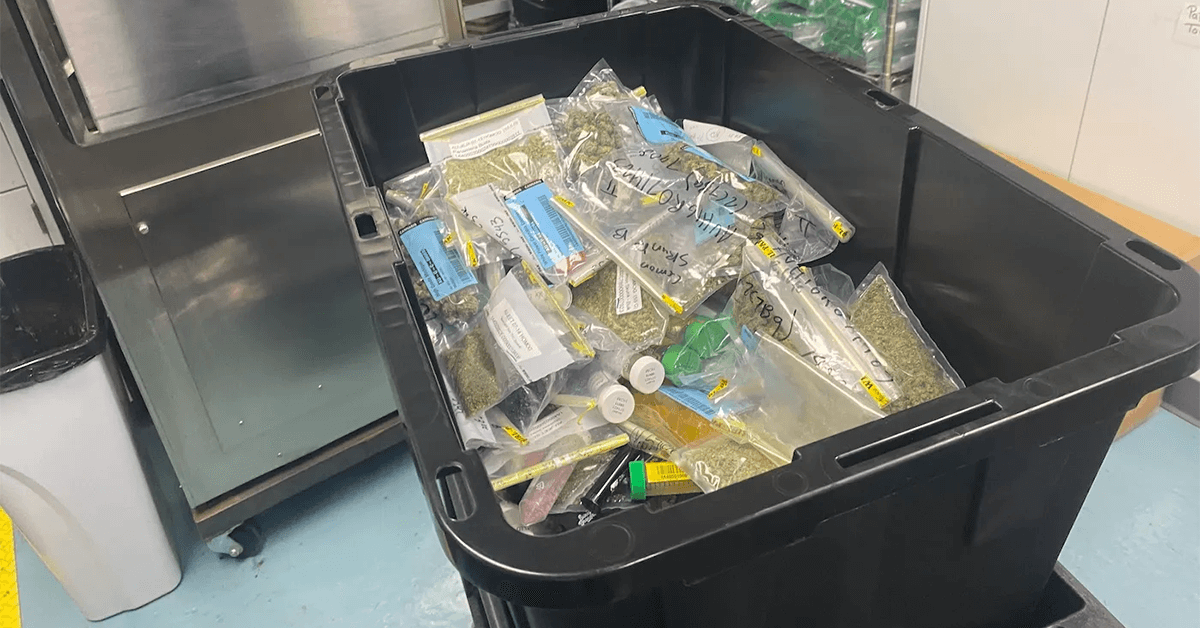
The Stalled Journey of Cannabis Studies for Veterans in Michigan
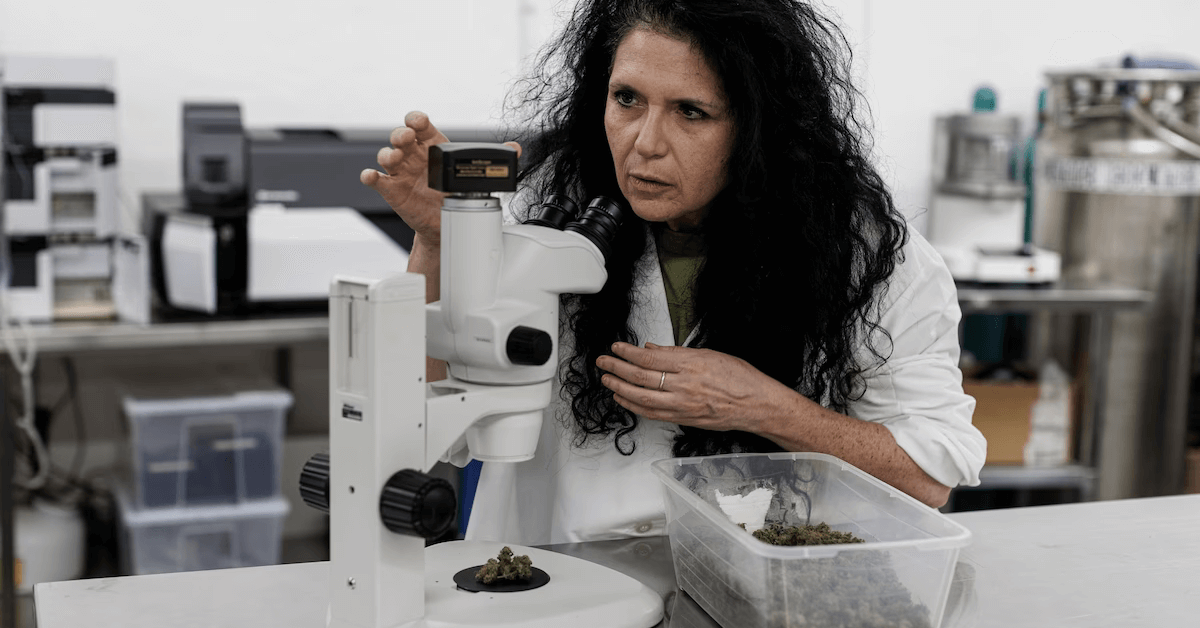
In Michigan, a groundbreaking initiative was launched following the approval of recreational cannabis by voters six years ago. This initiative was not just about legalizing the substance; it carried a profound mandate aimed at harnessing cannabis tax revenue for a noble cause: researching the potential health benefits of cannabis for military veterans. With an ambitious commitment of $40 million earmarked for this purpose, the state set out to pioneer studies that could potentially transform the understanding and treatment of veterans' health issues. However, despite the passage of time and the availability of funds, the path to initiating these crucial trials has been fraught with obstacles, none more significant than the stringent federal restrictions on cannabis research.
The anticipation of breakthrough findings from these studies has been met with a stark reality: not a single trial has commenced. The primary impediment has been the federal government's stance on cannabis, which has significantly hampered research efforts. Critics and researchers alike point to the overly cautious approach of federal agencies, particularly the Food and Drug Administration (FDA), which has raised concerns about the safety of inhaling cannabis for research purposes—a common consumption method among veterans. This has resulted in a catch-22 situation where the most prevalent form of cannabis use among the target demographic for these studies is deemed too risky for scientific investigation.
The challenges extend beyond safety concerns. Securing a supply of federally approved cannabis for research has proven to be a herculean task. Due to federal laws, researchers are barred from utilizing the cannabis available in dispensaries, despite its widespread availability and use. This requirement has not only delayed the research process but has also spotlighted the complex web of regulatory hurdles that scientists must navigate to study cannabis. As Michigan's efforts to explore the health benefits of cannabis for veterans remain stalled, the situation underscores a broader national dilemma: the intricate balance between advancing scientific inquiry and adhering to federal restrictions in a landscape where cannabis legality varies significantly across states.
This introduction sets the stage for a deeper exploration of the multifaceted challenges facing cannabis research in the United States, particularly in the context of veteran health. The ensuing sections will delve into the specifics of these obstacles, the federal stance on cannabis research, the impact of legal and regulatory frameworks, and the perspectives of veterans and researchers striving to push the boundaries of what is known about cannabis and its potential medicinal benefits.
Investigation Launched After Students Consume Cannabis Edibles at Harper Woods School
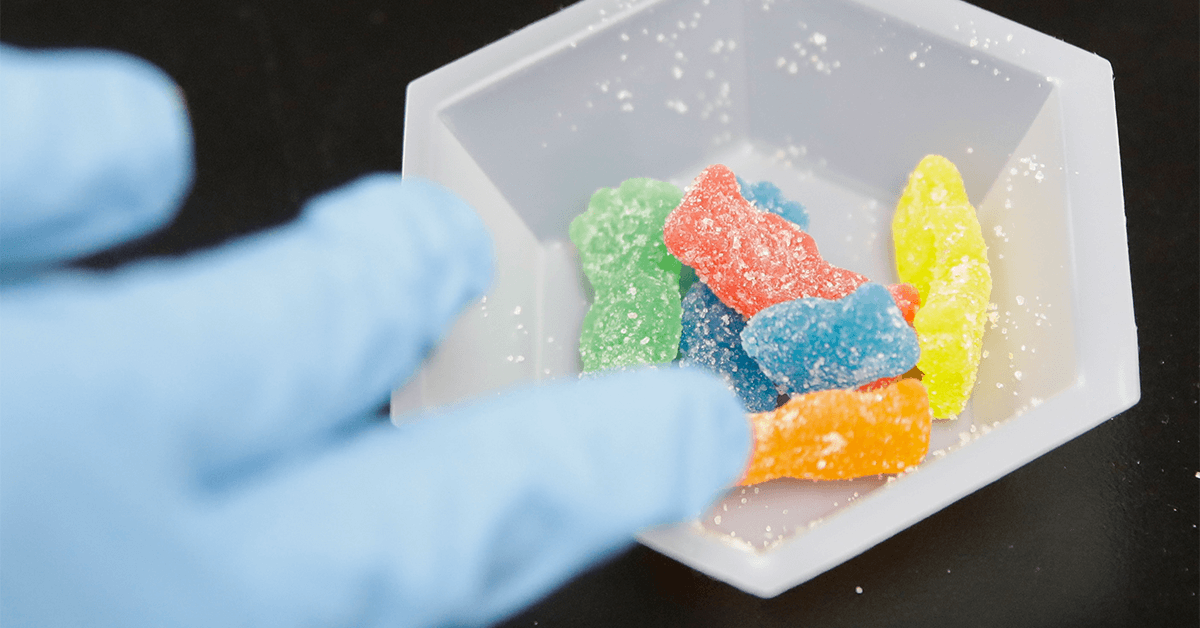
An ongoing investigation in Harper Woods focuses on a concerning incident where approximately eleven middle school students are believed to have consumed cannabis-infused edibles while at school.
This event took place at Discovery Creative Pathways K-8, a charter school situated on Harper Avenue, just north of Moross Road, on Thursday, February 22nd. It's reported that a student brought the edible gummies to school and shared them with ten peers, ranging in age from 12 to 15.
Jason Hammerle, the Director of Public Safety, shared insights into the situation, noting, "A student distributed cannabis edibles amongst some classmates, leading to their illness, which appeared akin to intoxication. Our detectives have conducted interviews with the student responsible for distributing the edibles and a parent, though decisions regarding charges are pending until the Wayne County Prosecutor's Office reviews the case. The school's response to the student's actions remains to be determined."
Following the incident, one student required hospital evaluation on the recommendation of their guardian, while the others were collected by their parents.
In response to the incident, Phalen Leadership Academies, the organization overseeing Discovery Creative Pathways, issued a statement through Ashley N. Minter, the National Director of Marketing and Communications:
There was an isolated incident regarding unauthorized items or behaviors exhibited by a couple of middle school students today, Thursday, Feb. 22. Administration is working to further assess and address this incident. As this is an open investigation, we are not at liberty to share any other details. If it is determined that scholars were involved in the incident, they will be subject to disciplinary action pursuant to Discovery Creative Pathways Harper Woods Student Handbook and/or board policy.
As with any case of unauthorized items or behaviors that are outside of the standard of excellence for our students, we work to ensure corrective action is taken. We always keep scholar safety at the forefront of what we do. Harper Woods is dedicated to ensuring our school is and remains an open, nurturing environment that promotes scholar growth and opportunity.
As of now, no additional information regarding the incident has been made available to the public.
Marijuana Disposal Practices Questioned After Discovery Near Homeless Camp
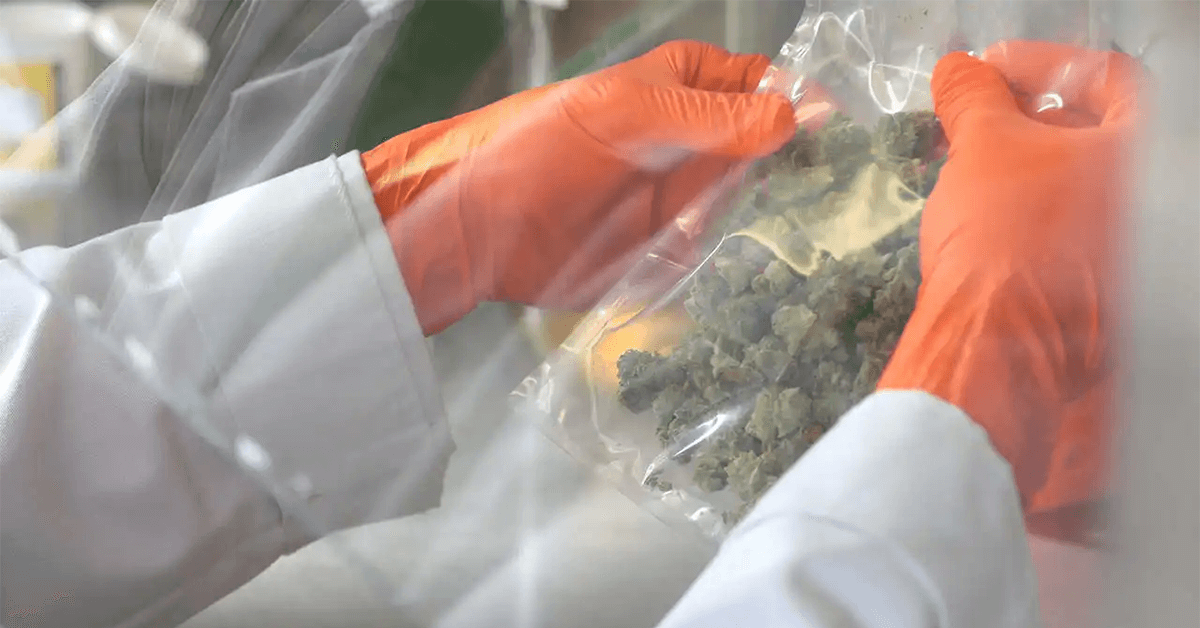
In a concerning discovery, over thirty bags with marijuana residue were recently found in a trash pile near a homeless encampment, raising questions about compliance with Michigan's cannabis disposal regulations and potential health risks for the local homeless population.
The site was inspected, uncovering the discarded bags, each marked with barcodes and unique license numbers linked to various marijuana businesses. These identifiers suggest that the bags originated from a testing facility, a critical step in ensuring the safety and quality of marijuana products in Michigan.
State laws mandate that both recreational and medical marijuana undergo rigorous testing by independent laboratories. These tests check for harmful contaminants, including mold, mildew, and toxic chemicals, to protect consumers' health. However, the discovery of these bags indicates a possible breach in the disposal process outlined by state regulations.
Mike Karl, a homeless advocate, highlighted a troubling aspect of this situation. He observed that the local unhoused community has been retrieving these bags from dumpsters. This act poses significant health risks, particularly if the marijuana residue contains harmful substances that were initially being tested for, such as powdery mildew or other chemicals. Karl expressed deep concern over the potential medical complications that could arise from the homeless population smoking or handling these discarded substances.
Michigan's Cannabis Regulatory Agency (CRA) has strict rules regarding the disposal of tested marijuana products. These rules stipulate that all samples must be rendered unrecognizable and completely destroyed before disposal. Non-compliance with these regulations can lead to severe fines and penalties. However, the exact source of these bags remains unclear, despite the visible names and license numbers of various dispensaries on them. A CRA spokesperson declined to comment on this specific incident.
The discovery of these marijuana residue bags not only raises questions about the adherence to state disposal guidelines by some businesses but also highlights a critical public health concern. Immediate action and investigation are necessary to prevent further risks to vulnerable populations and to ensure that all marijuana businesses comply with state regulations.


 Helpful Links
Helpful Links